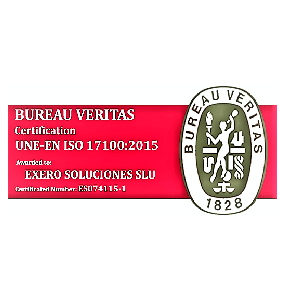One Step Further: More Specializations in Translation
A few weeks ago, we discussed specialized translation and several of the specializations that we regularly work with here at Exero. We talked about just how complex some of the documents we translate are and why it’s important that the translator assigned to the job is an expert on the subject.
Today we’re going to go more in depth on the topic and discuss some of the other equally important specializations that we didn’t get to last time.
Literary and Audiovisual Translation
“Oh, you’re a translator? What books/movies have you translated?
What’s that?
You can’t avoid it. Many people get the general concept of translation mixed up with these specific branches. We’re used to it (better than confusing translation and interpreting). Although this is an oversimplification of our profession, we certainly can’t blame them. Literary and AV translation are the branches most commonly seen by those outside of the industry. These specializations are also among the most popular options for novice translators. A large percentage of our fellow translators begin their careers aspiring to translate books, movies, and tv shows. Many achieve their goals. Others throw in the towel when the realize that it’s not as simple as they originally thought it would be.
One Step Further
As a general rule, literary and AV translation are two branches with the lowest pay rates in the industry. Luckily, this is also a generalization and there are plenty of exceptions. However, most publishing houses and production companies work with a select group of translators, which means that carving a niche out for yourself after university is a feat of epic proportions.
This job requires more than just knowledge, it requires expertise. Not only is it essential to keep in mind prior translations and versions of the work in question (more on this topic HERE). You also need to be aware of the rhythm of the narration, the author’s style and voice, and even little hints the author sprinkles throughout the text for later on down the line (just to name a few). All in all, it’s one of the most beautiful branches of translation.
Marketing Translation
What’s that?
Marketing translation is one of the branches that allows translators the most creativity ingenuity. It requires extensive knowledge on strategies for selling products and services through words. In many cases, marketing translation means breaking the mold and finding creative solutions to nearly impossible linguistic obstacles. Play on words, puns, regional expressions, slogans that rely heavily on the sounds of the source language …. No one said it was easy.
One Step Further
Sometimes, the answer isn’t always straightforward, which is why many marketing campaigns are left in their original language. There’s a reason “Just Do It” didn’t get changed to “Tan solo Hazlo” in Spanish speaking countries. The same goes for “I’m loving it.” The phrase “me está encantando” just doesn’t roll of tongue as well. But what do you think about “Te pique lo que te pique, ponte Afterbite?” In my opinion, the Spanish adaptation is spot on. They managed to keep the brand name, adapt it to Spanish pronunciation, and fit it into a catchy tagline.
Post-editing
What’s that?
Post-editing is one of the newest branches of translation. It's a process which involves editing a text generated by machine translation. That is to say, a machine translates the texts and gives us the first draft (of greater or lesser quality) which is then edited by a professional translator to ensure that it meets the quality standard.
One Step Further
The advantage of this technique is that it enables you to have a high production rate at a low cost. This is a relatively new “specialty” as the branch itself is in its infancy. Exero Soluciones is one of the leading translation companies in post-editing. In fact, a few months ago we published an article with some in-depth insights on the subject.
Software and videogame localization
What’s that?
Speaking of going one step further, localization is just that. It means going beyond translation. It’s not just adapting linguistic content, but cultural content as well. In fact, it could be considered a midway point between translation and transcreation, one of the other specializations we’ll cover. Localization entails changing part of the original content so that it’s better adapted to the target culture.
One Step Further
Although localization spans multiple specializations, this type of translation is more commonly used in software, videogames and IT. This is especially true for videogames coming from Japan, which must undergo an intensive localization process before being released in the English-speaking market. From there they are adapted to other languages and spread to the rest of the world. We’d like to point out that not all games follow this exact localization process. Regardless, if it wasn’t for localization, it is very possible that many products and services wouldn’t reach us since they would be too far removed from our culture.
Transcreation
What’s that?
Transcreation is a process of creative cultural adaptation. Throughout the process, original content is transformed in such a way that the target audience can more easily identify with it thus increasing its impact. In this case, the translation itself is just part of a bigger process, but it is a very important part!
One Step Further
We could write a whole article on this fascinating topic and how it relates to other specializations … wait! We already did!
Conclusion:
If you’ve made it this far, that’s a good sign. Your head didn’t explode from how overwhelming big and nuanced our profession is.
Honestly, who knew there were so many different specializations in translation? I think it’s safe to say that mastering one or two of these is a much better strategy than trying to be a jack of all trades. In fact, we’d caution you against using a translator with that type of profile, especially when you need a translation in one of these specialized fields.
But that’s where Exero Soluciones comes in. Regardless of the type of document you need translated, you can count on us for a quality service! No matter what specializations or languages. We have an extensive network of collaborators and a qualified in-house team that can cover any type of text. We’re like a jack of all trades … but we just happen to be masters of all of them as well.
That’s all for today! If you want to stay up to date on future articles and everything else Exero, follow us on Twitter, Facebook, and LinkedIn.
If you liked the article or found it useful, don’t hesitate to let us know in the comments section.







Comments